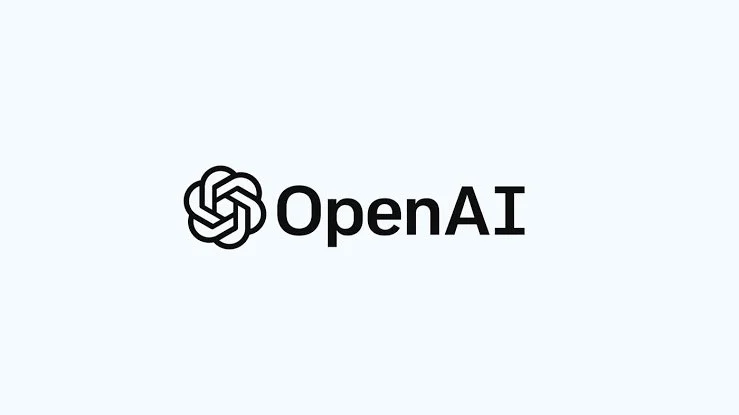The landscape of online search is about to witness a significant shakeup. According to credible sources, OpenAI, the renowned artificial intelligence research laboratory, is gearing up to unveil its very own AI Search product on Monday. This move positions OpenAI as a direct competitor to Google, the undisputed king of search engines for over two decades.
While details remain scarce, this announcement has ignited a wave of excitement and speculation within the tech community. Could OpenAI’s AI-powered search engine truly challenge Google’s dominance? Let’s delve deeper into what we know so far and explore the potential implications of this development.
OpenAI

Founded in 2015 as a non-profit research company, OpenAI quickly established itself as a leader in the field of artificial intelligence. Backed by prominent figures like Elon Musk, Sam Altman, and Ilya Sutskever, the organization focuses on developing safe and beneficial artificial general intelligence (AGI). OpenAI’s research has yielded groundbreaking advancements in areas like natural language processing, computer vision, and reinforcement learning.
In recent years, OpenAI has shifted its focus towards commercialization, offering access to its powerful AI models through its API platform. This has allowed developers to integrate OpenAI’s capabilities into their own applications, paving the way for a wave of AI-powered innovations.
The Quest for a Better AI Search

Despite Google’s overwhelming dominance, the search experience isn’t without its flaws. Critics point towards issues like filter bubbles, where search results reinforce existing user biases, and the prioritization of advertising over truly relevant content. Additionally, concerns exist regarding the potential for manipulation and the spread of misinformation.
OpenAI’s entry into the search arena suggests they may be aiming to address these shortcomings. With its expertise in natural language processing, OpenAI could potentially develop a search engine that understands user intent more intuitively, delivering results that are more comprehensive and unbiased.
OpenAI’s Search Product (Based on Speculation)

While concrete information remains under wraps, here are some possibilities regarding OpenAI’s search product:
- Focus on AI-powered understanding: OpenAI’s search engine might leverage its advanced AI models to analyze not just keywords but also the context and intent behind a user’s query. This could lead to more nuanced and relevant results that go beyond simple keyword matching.
- Reduced emphasis on advertising: OpenAI’s search engine may prioritize organic results over intrusive advertising, potentially offering a cleaner and more user-friendly browsing experience.
- Integration with other AI tools: OpenAI might integrate its search product with other AI-powered tools, allowing users to perform additional actions like summarization, translation, or even creative writing based on their search results.
- Emphasis on factual accuracy and combating misinformation: OpenAI could leverage its AI capabilities to identify and flag potentially biased or misleading sources, promoting more reliable and trustworthy information.
Potential Challenges for OpenAI
While the potential for OpenAI’s search product is exciting, there are significant challenges to overcome. Google boasts a massive index of web pages, meticulously crawled and categorized over decades. Building a comparable database would be a monumental task for OpenAI. Additionally, Google’s search algorithms are constantly refined and updated based on user behavior and search trends. Replicating that level of sophistication wouldn’t be easy.
Another hurdle for OpenAI lies in user trust and brand recognition. Google has become synonymous with search for a generation of internet users. Breaking that loyalty and convincing users to switch to a new search engine will require a compelling value proposition and a flawless user experience.
The Impact on the Search

Regardless of its immediate success, OpenAI’s foray into search is a significant development. It signifies a growing trend towards AI-powered solutions within the tech industry. This competition could ultimately benefit users by driving innovation and improvement within the search landscape.
Here are some potential long-term impacts of OpenAI’s search product:
- Increased focus on AI in search: OpenAI’s entry might incentivize Google to further integrate AI into its search algorithms, leading to a more intelligent and nuanced search experience for all users.
- Diversification of search options: Having a viable alternative to Google could empower users and introduce more competition within the search market.
- Focus on user privacy and trust: With concerns around filter bubbles and data collection rising, OpenAI’s approach to user privacy and data protection could become a differentiator, influencing how other search engines approach these issues.
Please share your thoughts in the comments. At theproductrecap.com, we are open to friendly suggestions and helpful inputs to keep awareness at peak.




